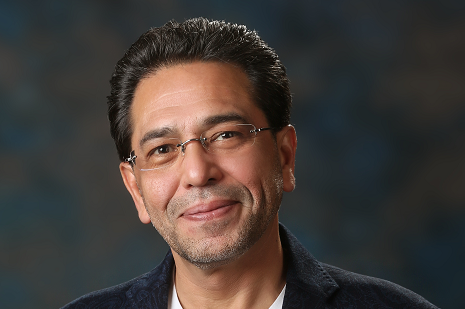
After a two-year absence, the 8th edition of the World Financial Symposium (WFS) was held in Qatar, 27-29 September. ‘Reshape Airline Resilience’ was the theme of this event that gathered the aviation financial community around a full 2-day agenda and a very engaged speakers line-up.
With Qatar Airways as the host airline, this edition of WFS featured a not to be missed line-up of speakers and panels, headlined by an onstage discussion about the future of the industry with Willie Walsh, IATA’s Director General, and H. E. Akbar Al Baker, Group CEO, Qatar Airways. Their message was clear – governments and decision-making bodies need to work together to support aviation’s ambitious 2050 net zero carbon target by incentivizing production of sustainable aviation fuels. At the same time, governments need to refrain from punitive environmental taxes that do nothing to help sustainability or the environment. Finally, governments need to support CORSIA as the only economic measure to manage the carbon footprint of international aviation.
As we tackle climate change challenges, it is critical that we partner with governments to drive programs and ensure funds go where they are needed for achieving decarbonization. SAF remains the main avenue, but requires public support, through clear regulations & economic incentives.
The first track of this year’s WFS, ‘Airline Retailing, Changing Finance World’, explored the different aspects of Airline Retailing and the industry transformation it entails. The adoption of Airline Retailing will bring systemic change across airline finance and revenue accounting activities with legacy artifacts, such as ETs, EMDs and PNRs, disappearing, to be replaced with a world of 100% Offers and Orders. This shift is essential to making the transition to customer centricity that underlies the program, which will require a full set of new industry Standards to enable airlines to recover the control over their products, money, and data.
IATA is already and will continue supporting the industry on this transformation journey. More specifically with its industry financial services transformation strategy to support the industry ambition to move into the customer centric world of Airline Retailing and 100% Offers and Orders.
The second track, ‘Shaping Finance, Our Future Agenda’ looked at how the industry faces rapid changes around the availability and types of financing, Environment, Social and Governance (ESG) reporting, global taxation, and risk management, as we emerge from the pandemic. To remain competitive, airlines need to act on these changes.
While financial risks such as fuel cost, currency swings, blocked funds and rising interest rates are creating uncertainty and volatility for airlines, a recent development, namely sustainability financing, is clearly and quickly becoming part of the airline financing landscape as it is doubling in size each year.
The changing environment of international taxation under BEPS 2.0 is another challenge airlines need to be ready for, and same goes for sustainability reporting that is rapidly evolving and will have an important impact on airlines in terms of complying with the requirements and implications on their business model. The rules of the game are changing and the WFS dedicated sessions were organized to help and support airlines in this matter.
Airline CFOs are the custodians of their carrier’s financial resources and have the responsibility to manage them in the most efficient way to overcome current financial challenges, but as well invest in initiatives that will define if we thrive or not as an industry.
On the other hand, IATA has an important role in supporting its members through those challenges and initiatives and will do so thanks to two programs of work: ‘Unlocking value creation by putting the customer first’ and ‘The future of IATA financial services – smart services’, which are tackling the rapid changes in distribution and payment.
I hope you will agree this symposium has been a success, especially when considering it was the first 100% in-person WFS organized after two years of absence. We are not at our pre-COVID performance yet, but this restart is ramping up and we are aiming to improve every year from now on. We know you demand it, and we will be proudly delivering it.
From talk to action, we all need to look ahead and move forward. Let’s do it together.
Muhammad Albakri
SVP, Financial Settlement and Distribution Services
IATA